- Individuals & Families
- Businesses
- Agents & Brokers
- Embedded Insurance

Chubb ranked #1 for Homeowners Insurance Customer Satisfaction.

Chubb ranked #1 for Homeowners Insurance Customer Satisfaction.

Chubb ranked #1 for Homeowners Insurance Customer Satisfaction.

Chubb ranked #1 for Homeowners Insurance Customer Satisfaction.

Because pets are family, Chubb now offers pet insurance with top-rated coverage from Healthy Paws.

Chubb offers the insurance protection you need for travel’s many “what ifs”.

Chubb protects small businesses at every stage – from newly formed start-ups to long-time anchors of the community.

Stay ahead of cyber threats with our free Cyber Claims Landscape Report.

Learn more about our dedicated learning paths, Online Learning Center, and more.

Many digital-savvy consumers look for it as a core or add-on option.

Many digital-savvy consumers look for it as a core or add-on option.

Many digital-savvy consumers look for it as a core or add-on option.

Chubb’s in-house technology makes it easy to integrate what we do into your customer experience.
-
About
-
Claims
-
Login & Pay Bill
For Agents & BrokersFor Travel Advisors
-
Back
Hail Protection
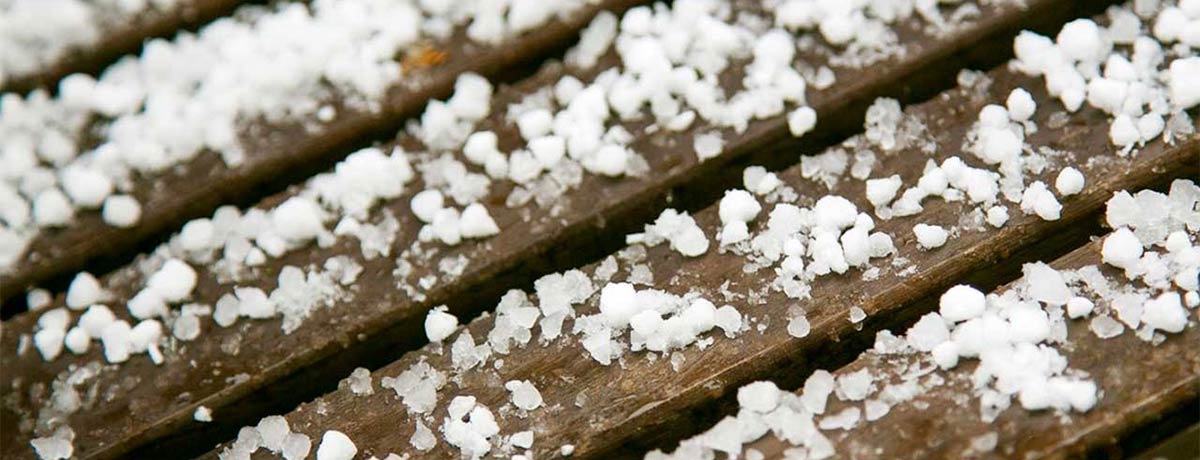
What Is Hail?
Hail forms during a thunderstorm when raindrops are carried upward into cold areas of the atmosphere, where they freeze into balls of ice. These balls of ice, or hailstones, can travel up to 120mph, range in size from a pea to a softball, and can damage roof shingles, skylights, car windows, and more.
Hail causes billions of dollars in property and crop damage each year. While hailstorms can happen across the country, states in the Southwest, Great Plains, and Midwest, like Texas, Colorado, Nebraska, Minnesota, Illinois, and Kansas, are often hit hardest.*
Most of Chubb’s homeowner’s policies provide “all risk” coverage, and physical damage to your home or roof caused by hail is typically an insured cause of loss.
Who Is Most at Risk?
Much of the damage from hail occurs during the spring and summer, when warm and humid weather fuels severe thunderstorms, yet hail can occur at any time of year.
While hailstorms can happen across the country, states in the Great Plains and Midwest are most frequently impacted, including Texas, Kansas, Oklahoma, Nebraska, Colorado,
Wyoming, Missouri, and the Dakotas. On the east coast, hailstorms are common around the Potomac and Chesapeake Bays and along the coasts of Georgia and South Carolina.
How To Prevent Damage Before a Storm Hits
- Install a hail-resistant roof. There is no such thing as a hail-proof roof, but products composed of synthetic slate, asphalt, or coated metals will help prevent damage. Class 4 shingles are considered to be the most resistant to impact.
- Consider storm shutters. If you live in a hail-prone area, storm shutters on your windows and doors can help protect glass from shattering.
- Evaluate the age and condition of your skylights, vents, or other roof fixtures. These things can become brittle as they age, increasing the risk for hail or water damage during a severe storm.
- Make sure you have the right insurance. If your home is damaged or a worker is injured while making repairs, you will want to make sure you have enough coverage to protect your home and your family from liability claims.
What To Do During a Hailstorm
- Stay informed. Monitor local weather and news updates if severe weather is in the forecast.
- Move inside. Seek shelter immediately until the storm subsides.
- Cover your car. Park it in a carport or garage. Otherwise, you can buy a car cover or use layers of blankets to help protect against damage.
- Protect against breaking glass. Close drapes, blinds, and window shades and stay away from skylights and windows.
- Avoid injuries. To avoid storm-related electrical hazards, stay away from corded phones, electronics, and do not touch metal objects like stoves, metal pipes, and sinks.
What To Do if You Experience Damage
- Cover up holes. Cover any holes or broken areas of your roof or windows to keep water from seeping in and damaging your home or car’s interior.
- Contact your insurance company to begin the claims process. If you’re a Chubb client, we’ll be able to refer you to a reputable contractor who can fix your home, and we’ll make you whole again, quickly and without hassle. If you can’t live in your home while it’s being repaired, you’ll be kept comfortable elsewhere, whether that’s in a premium hotel or a similar home in your neighborhood and school district.
With Chubb home insurance, you’ll get a proactive partner to help protect yourself and your home against hail damage. If you experience a claim, we’ll help you get your life back and rebuild without hassles, headaches, or delay.
Related Coverage
Insights and expertise
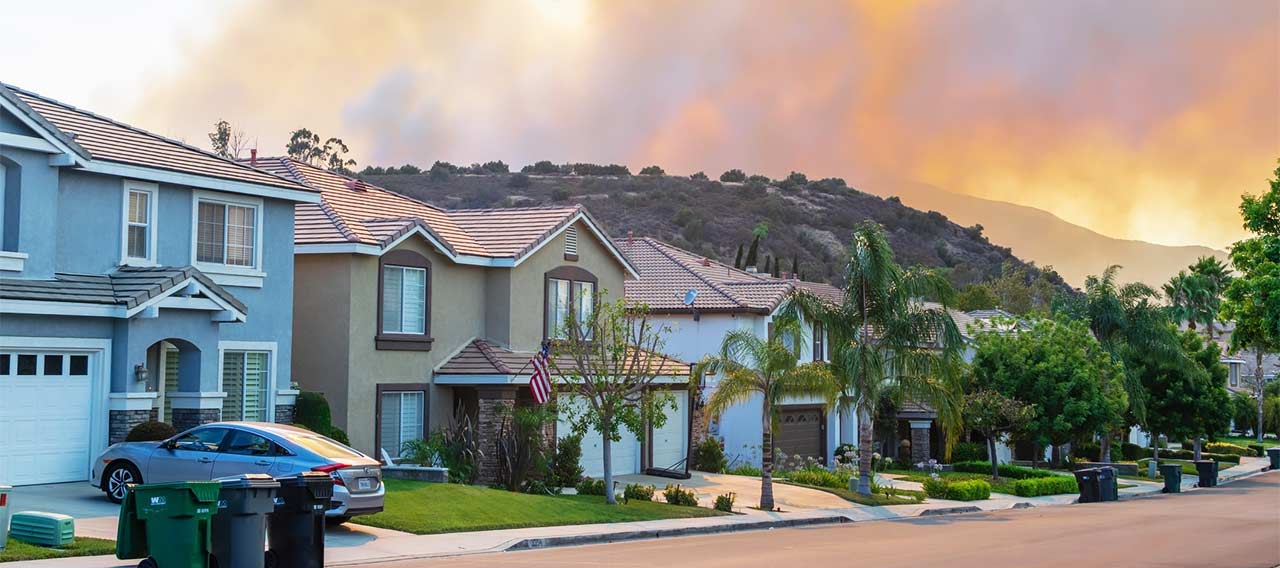
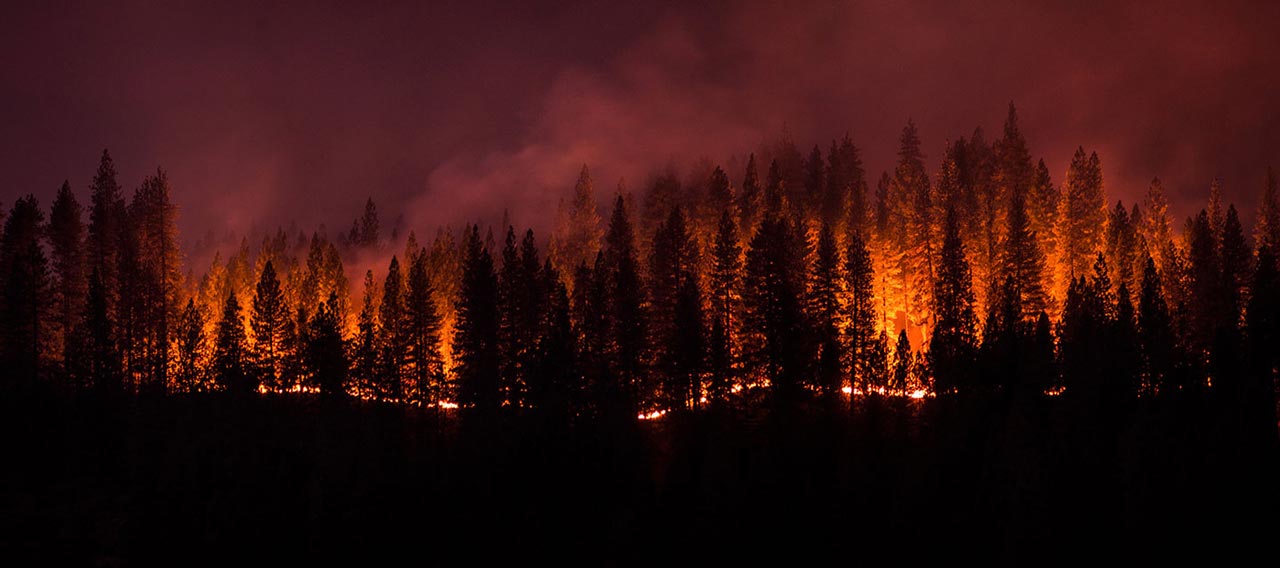
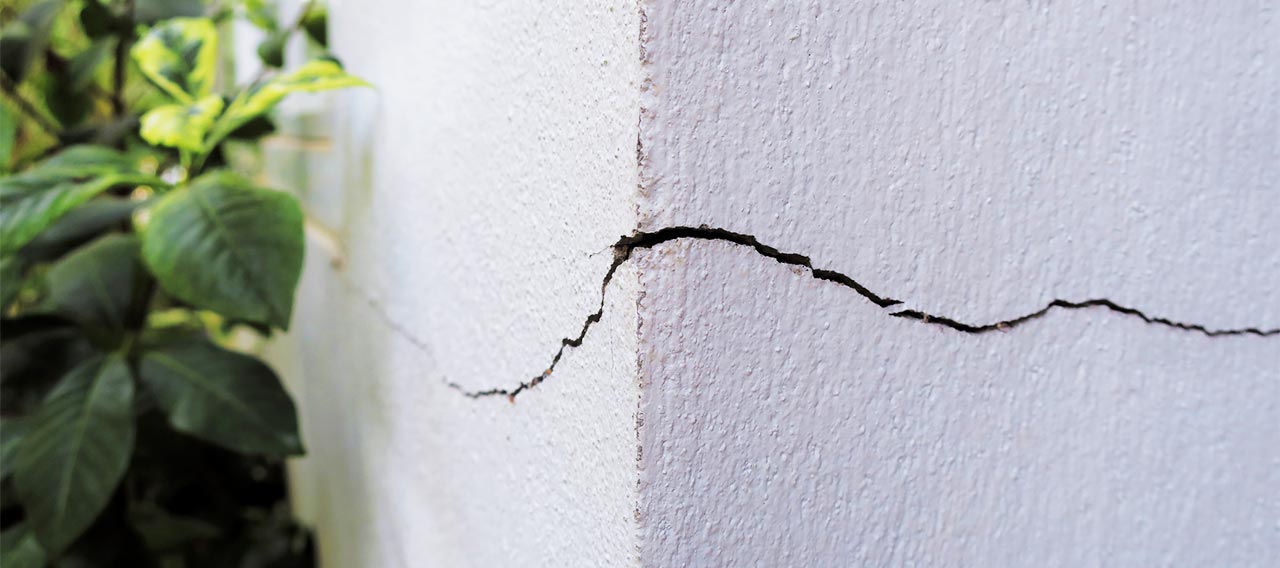
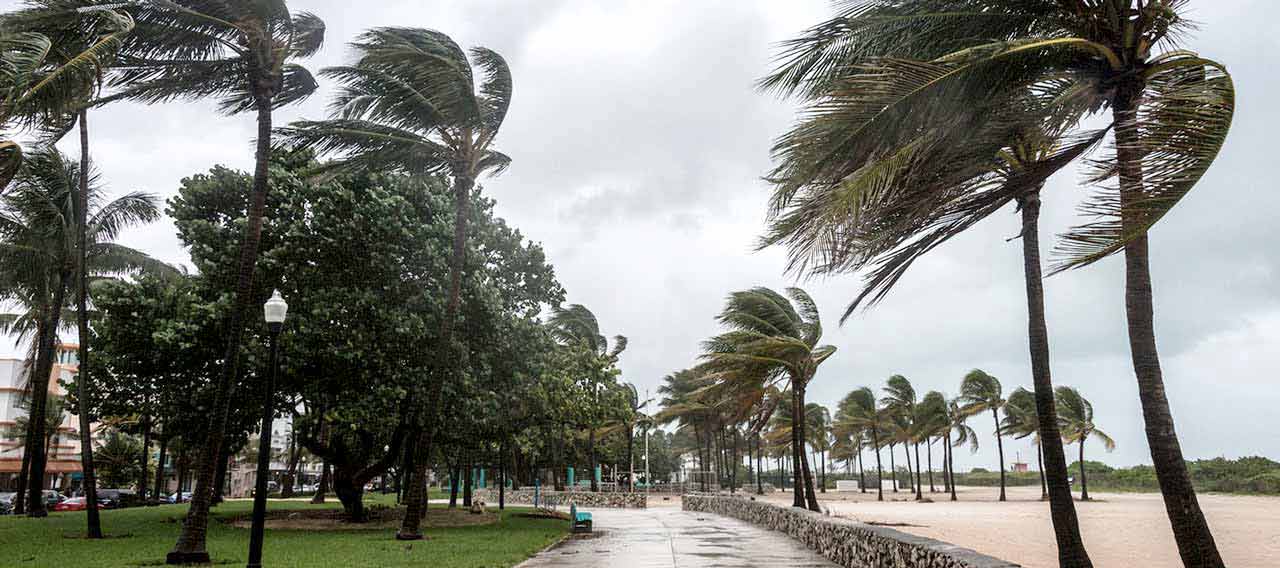
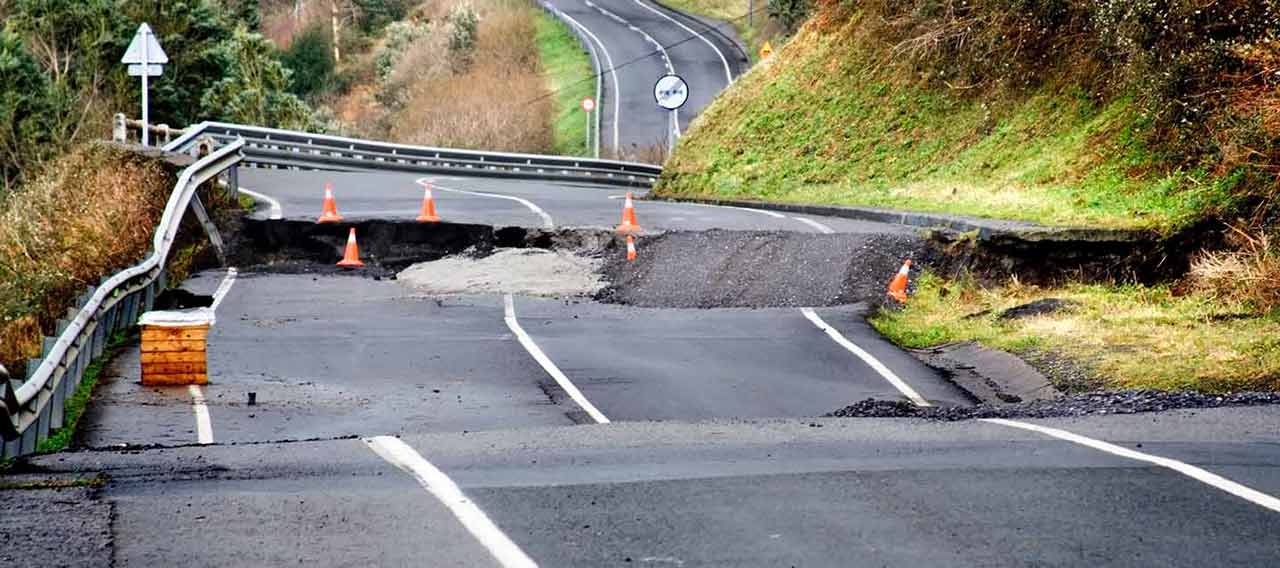
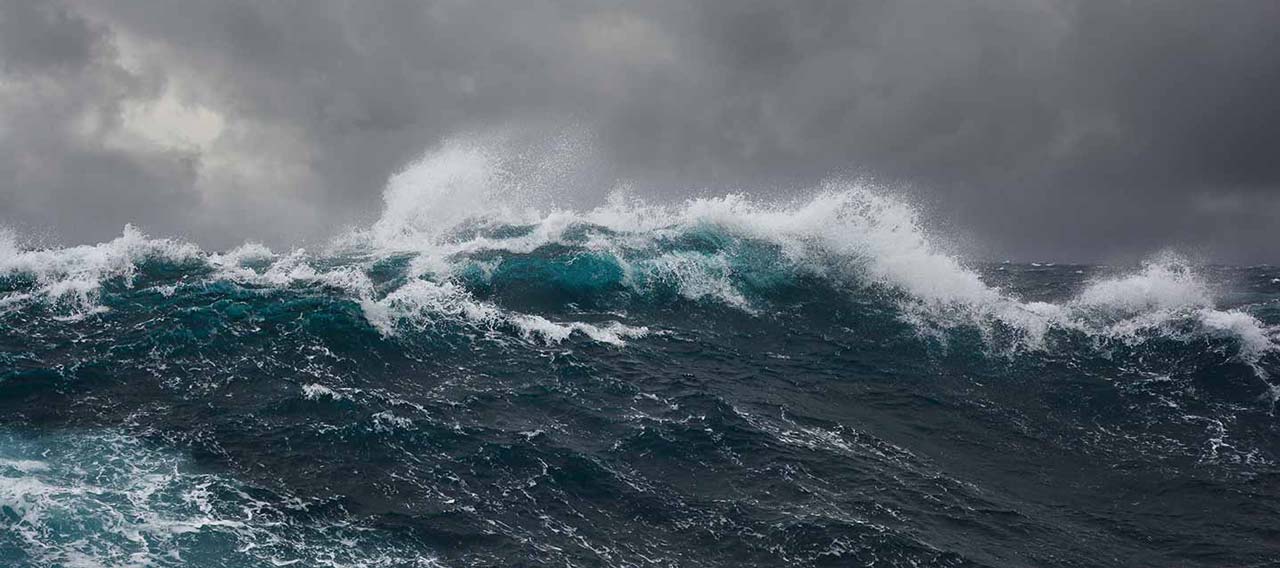
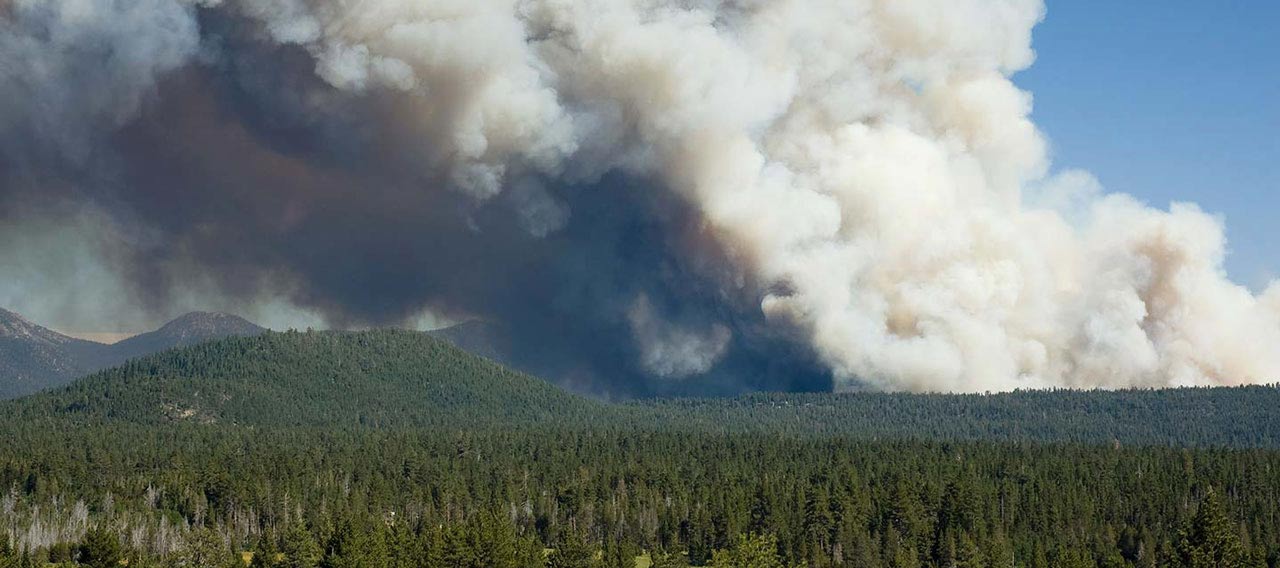
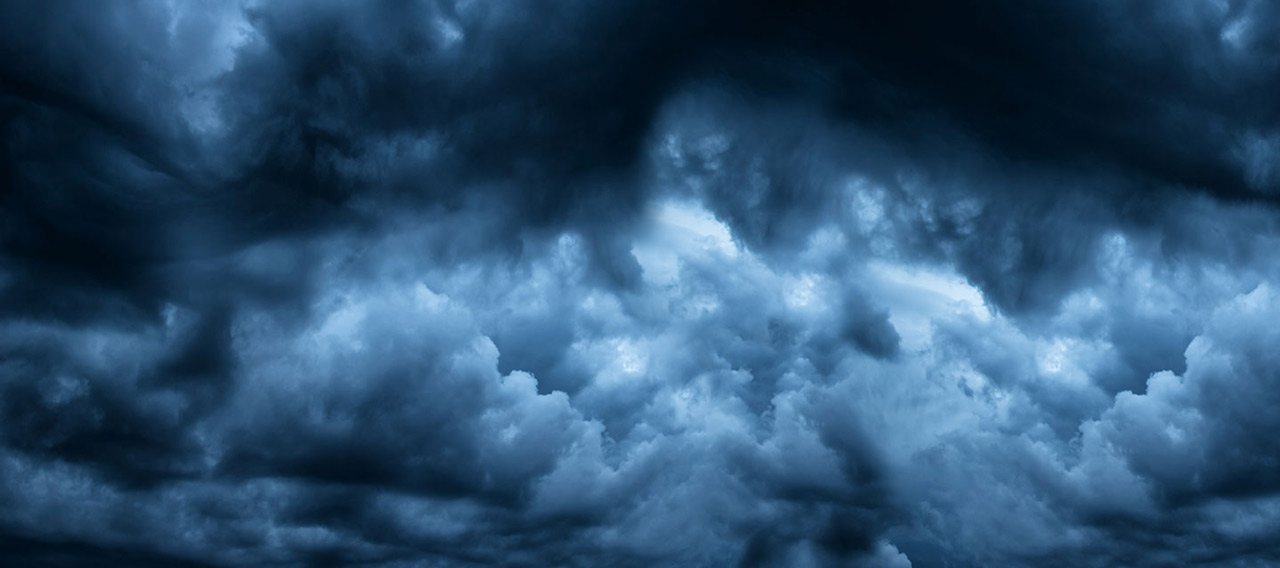
Sources:
http://www.rmiia.org/catastrophes_and_statistics/Hail.asp
http://riskconversation.com/blog/personal/2015/06/29/great-balls-of-ice/
https://www.nssl.noaa.gov/education/svrwx101/hail/
https://weather.com/storms/severe/news/hail-climatology-united-states
* https://www.iii.org/fact-statistic/facts-statistics-hail#Top%2010%20States%20Ranked%20By%20Number%20of%20Hail%20Loss%20Claims,%202017-2019
This information is descriptive only. All products may not be available in all jurisdictions. Coverage is subject to the language of the policies as issued.

